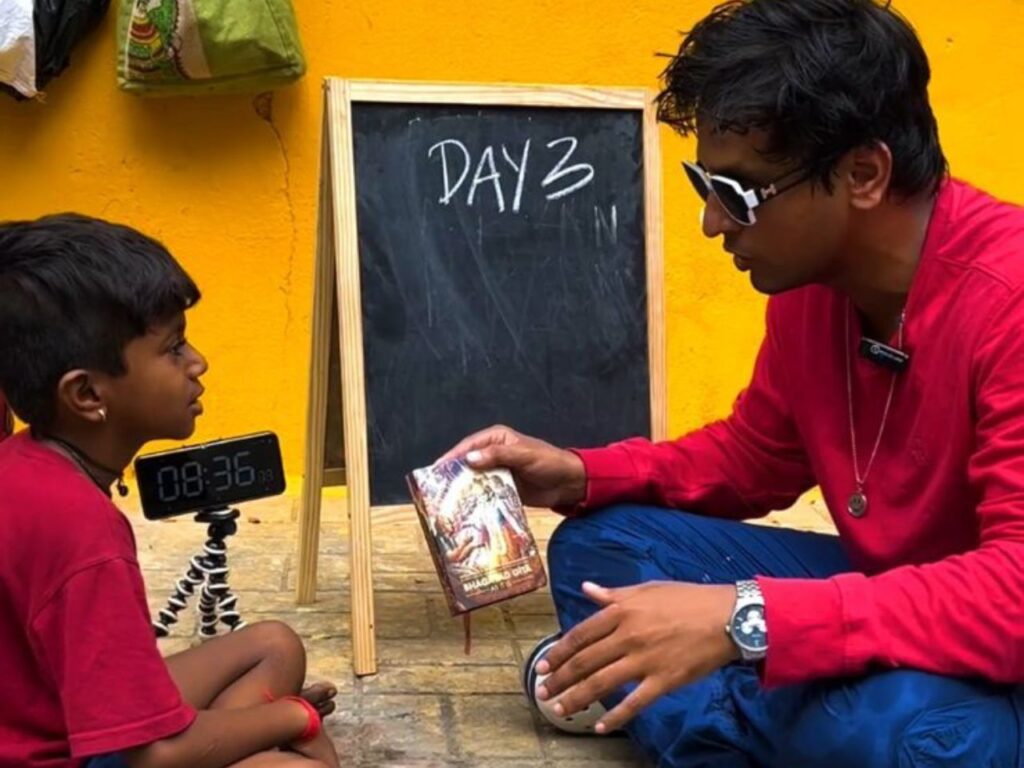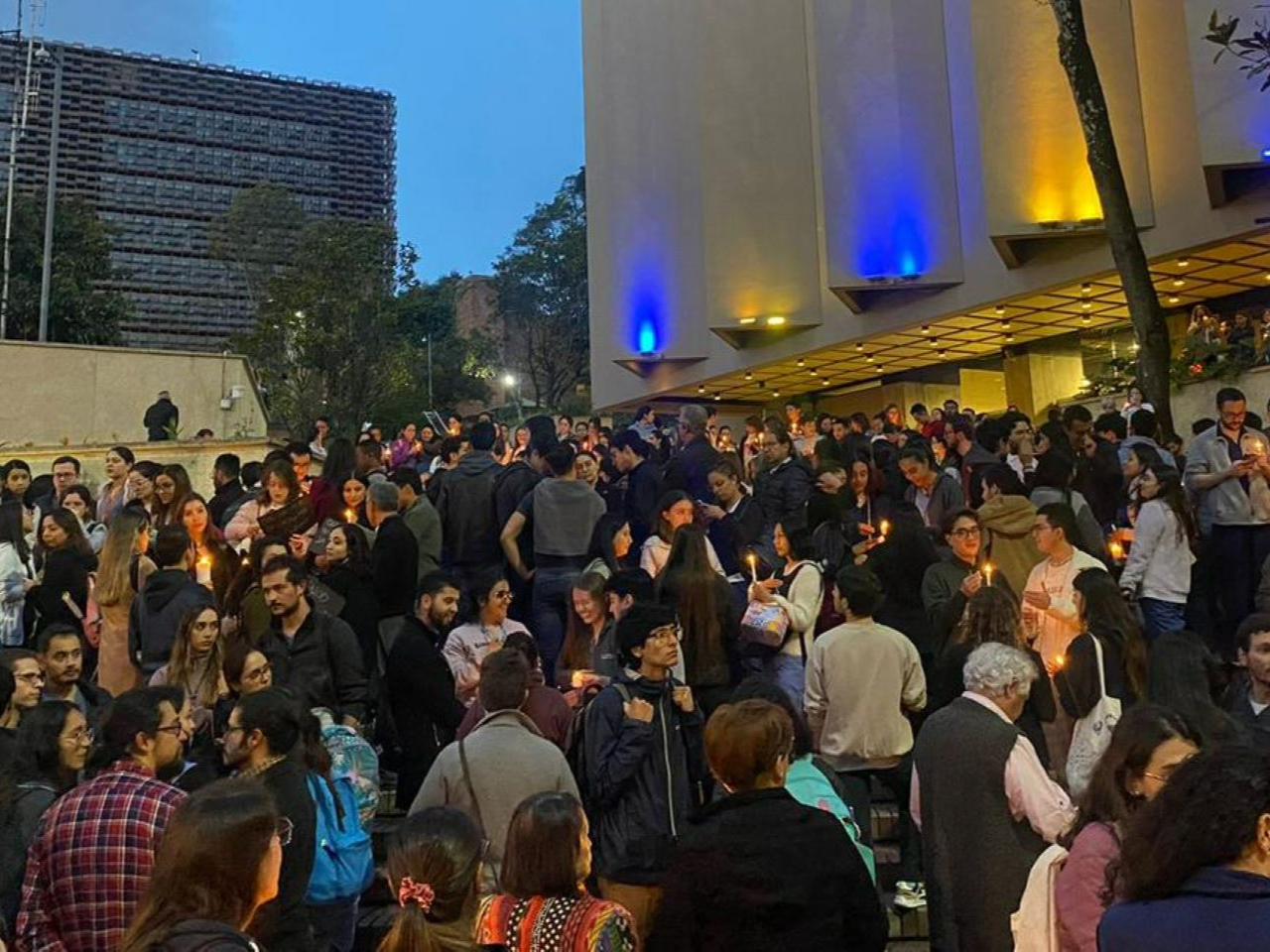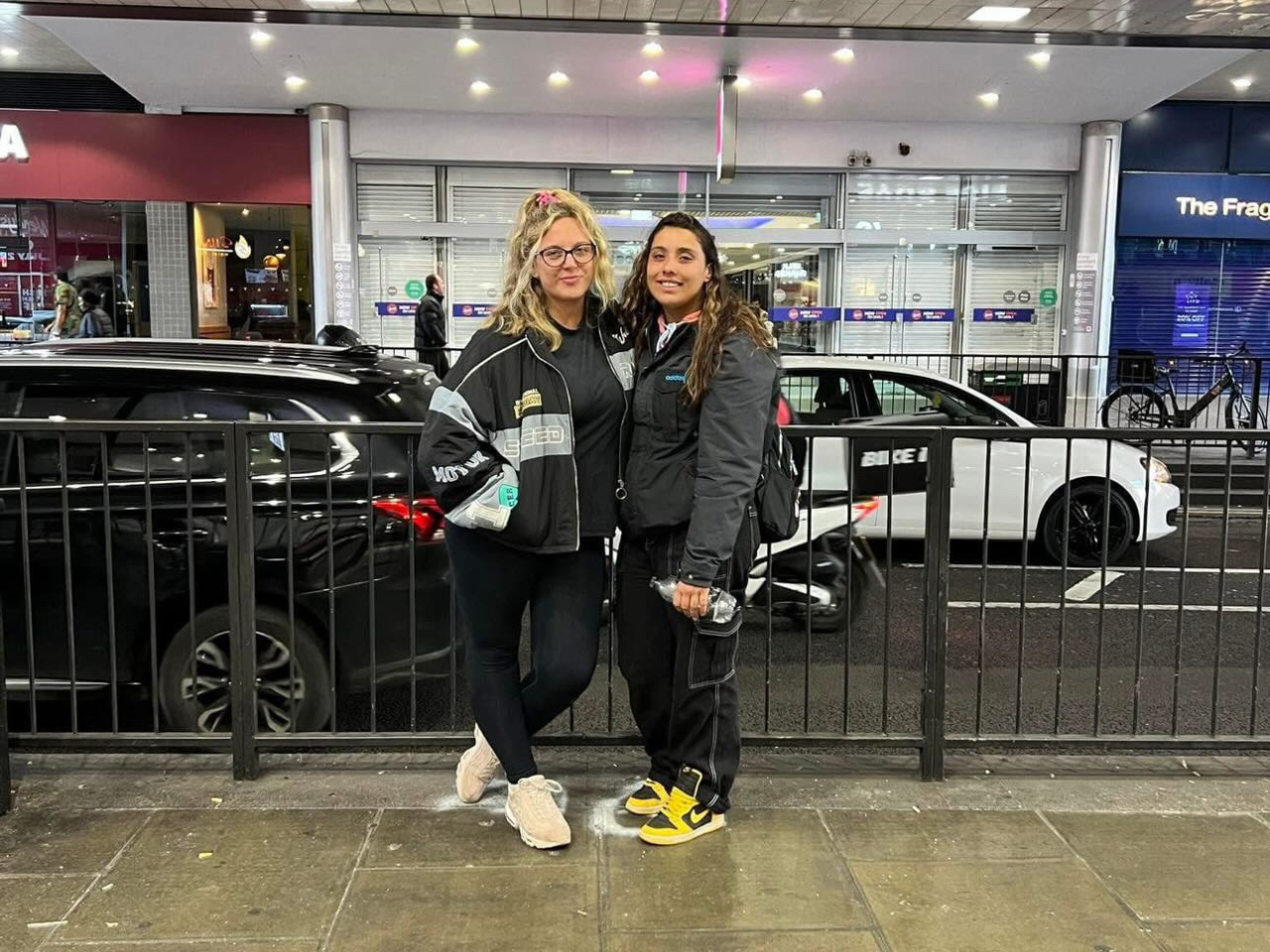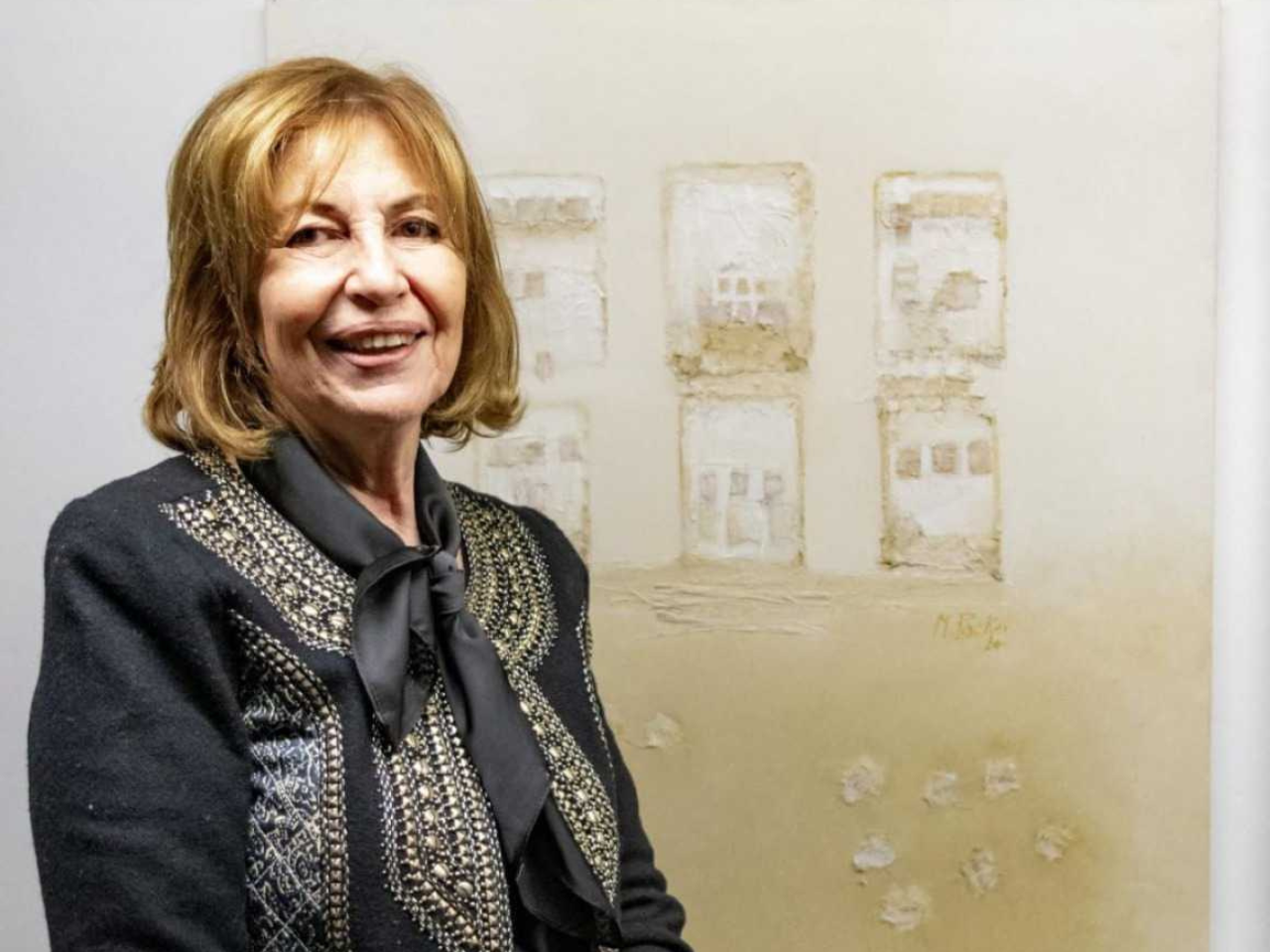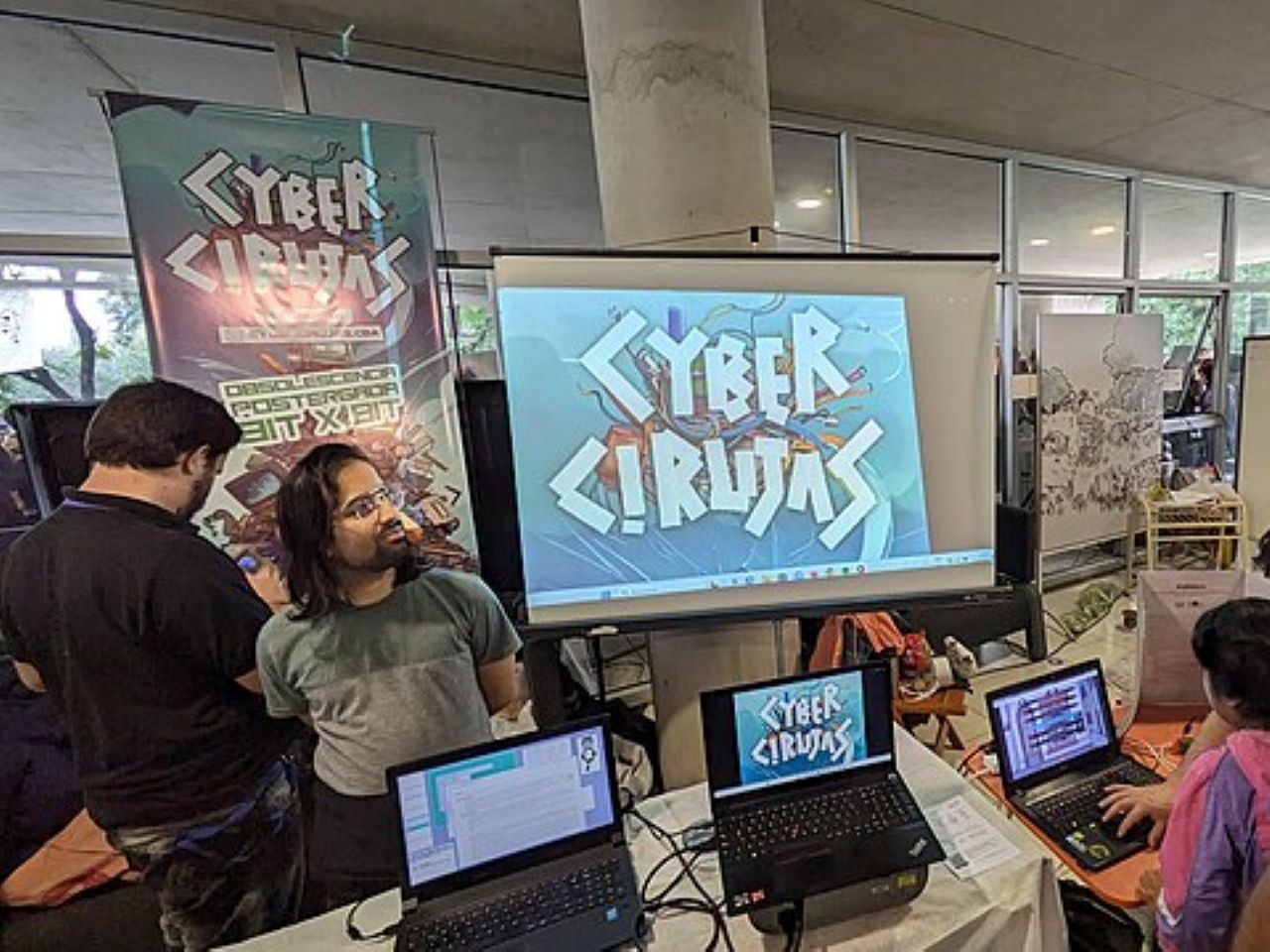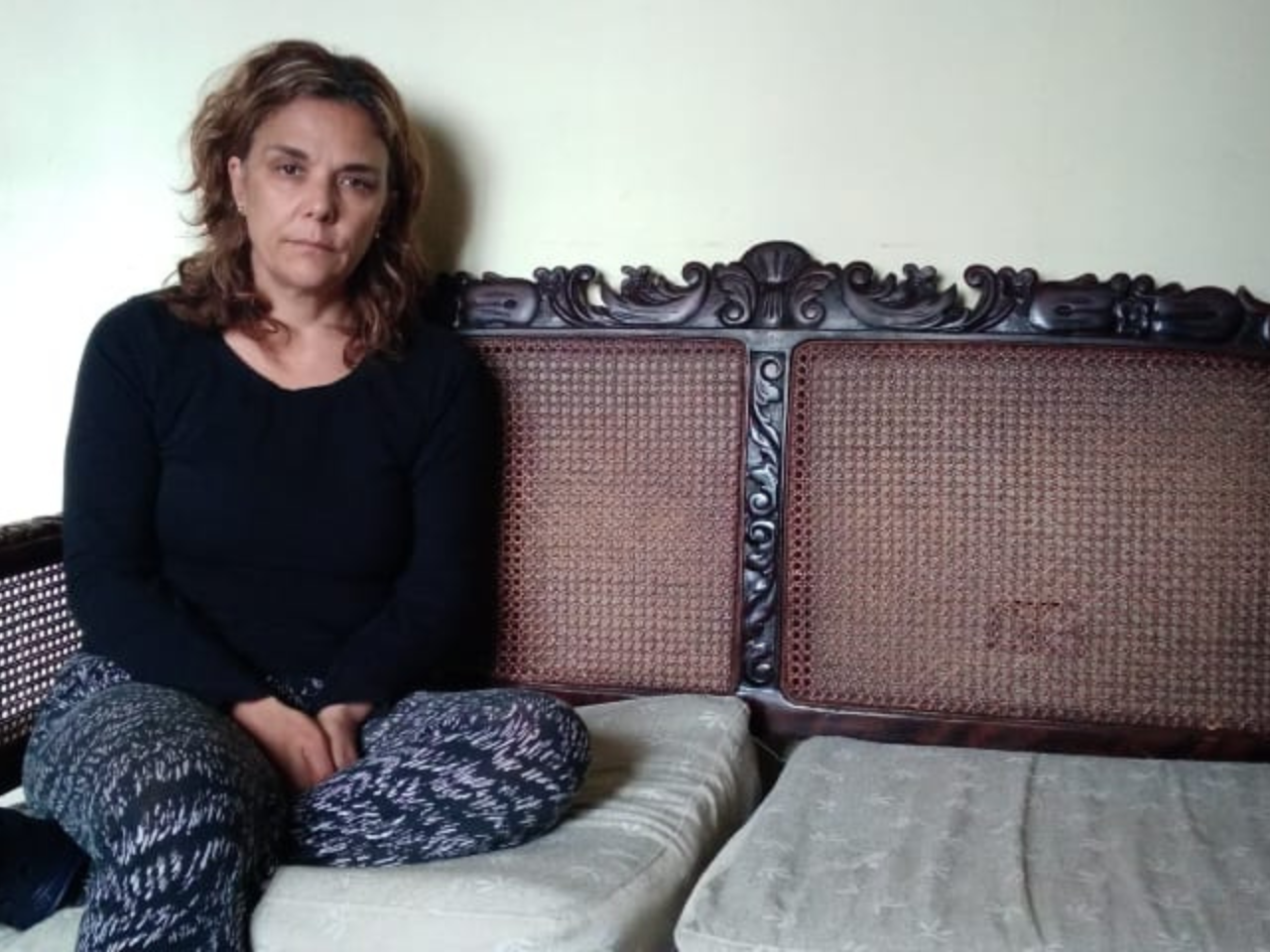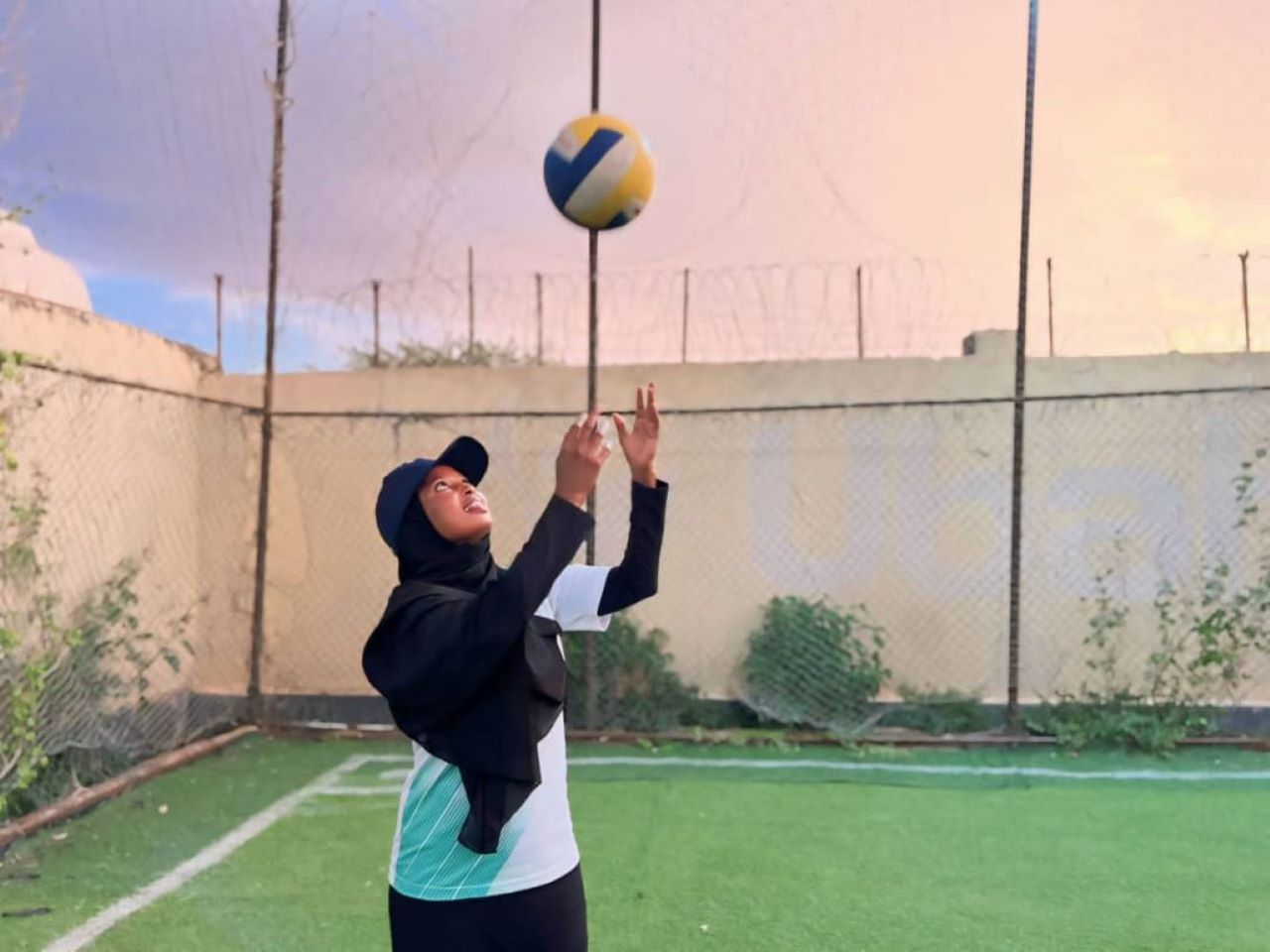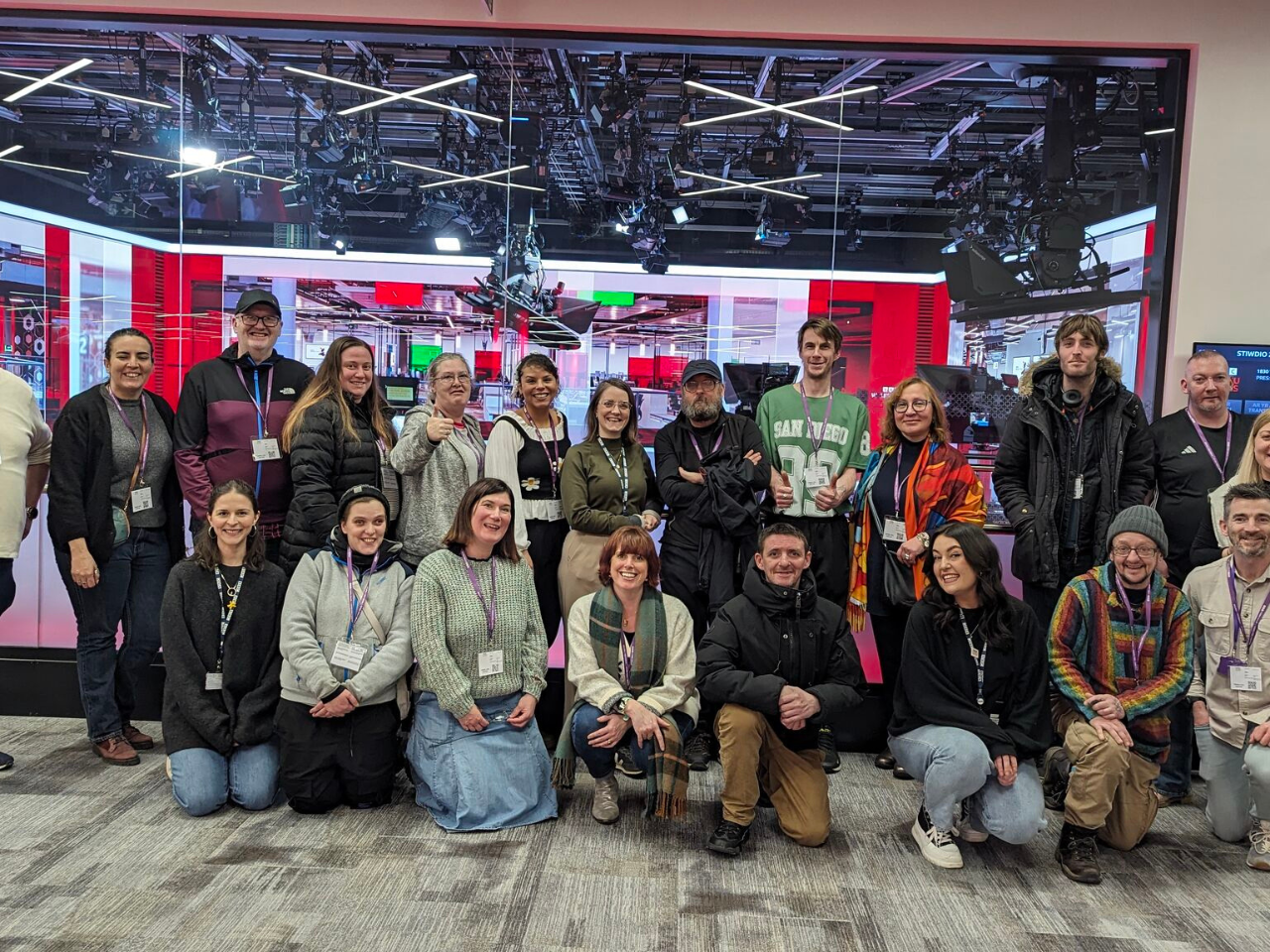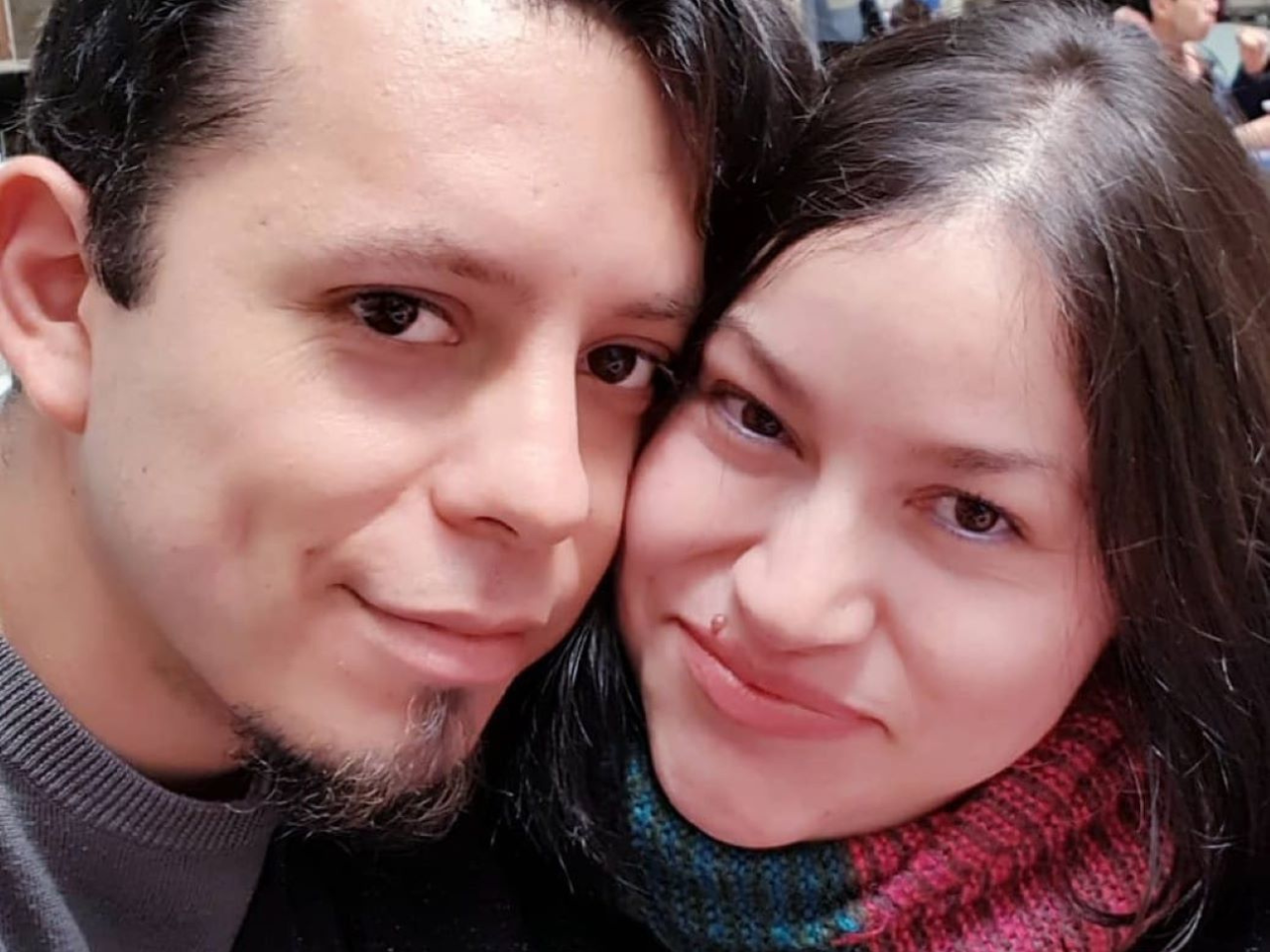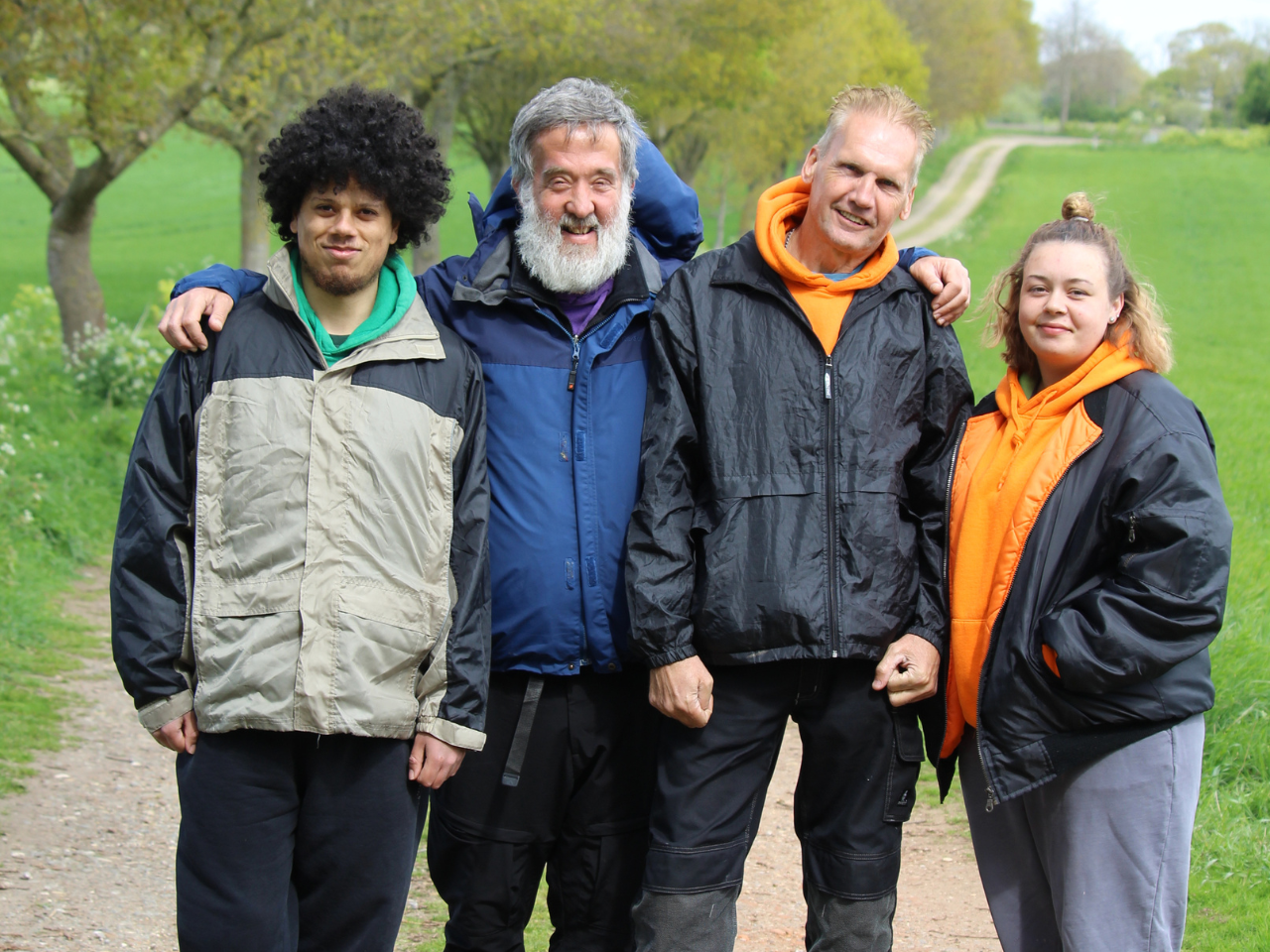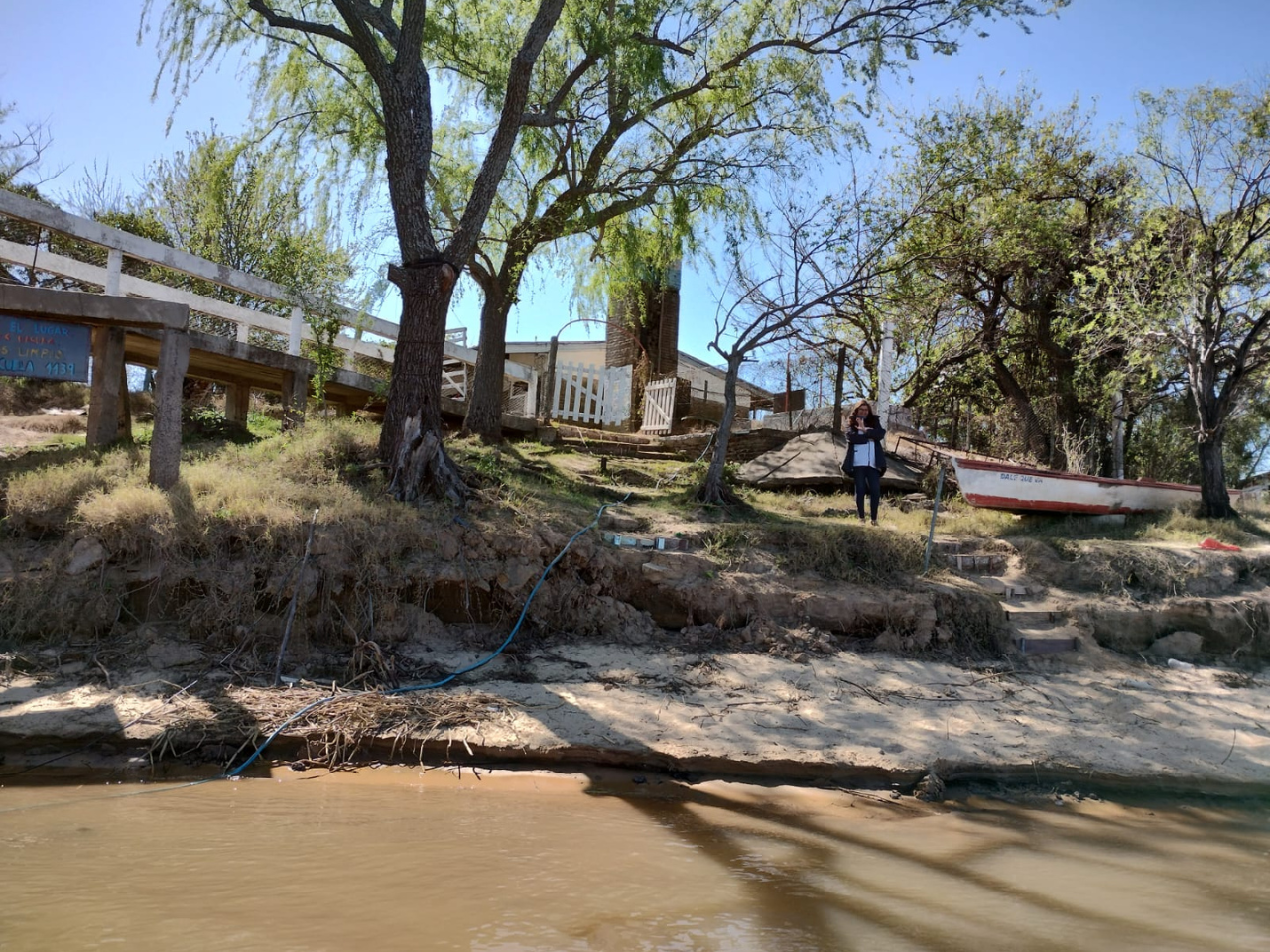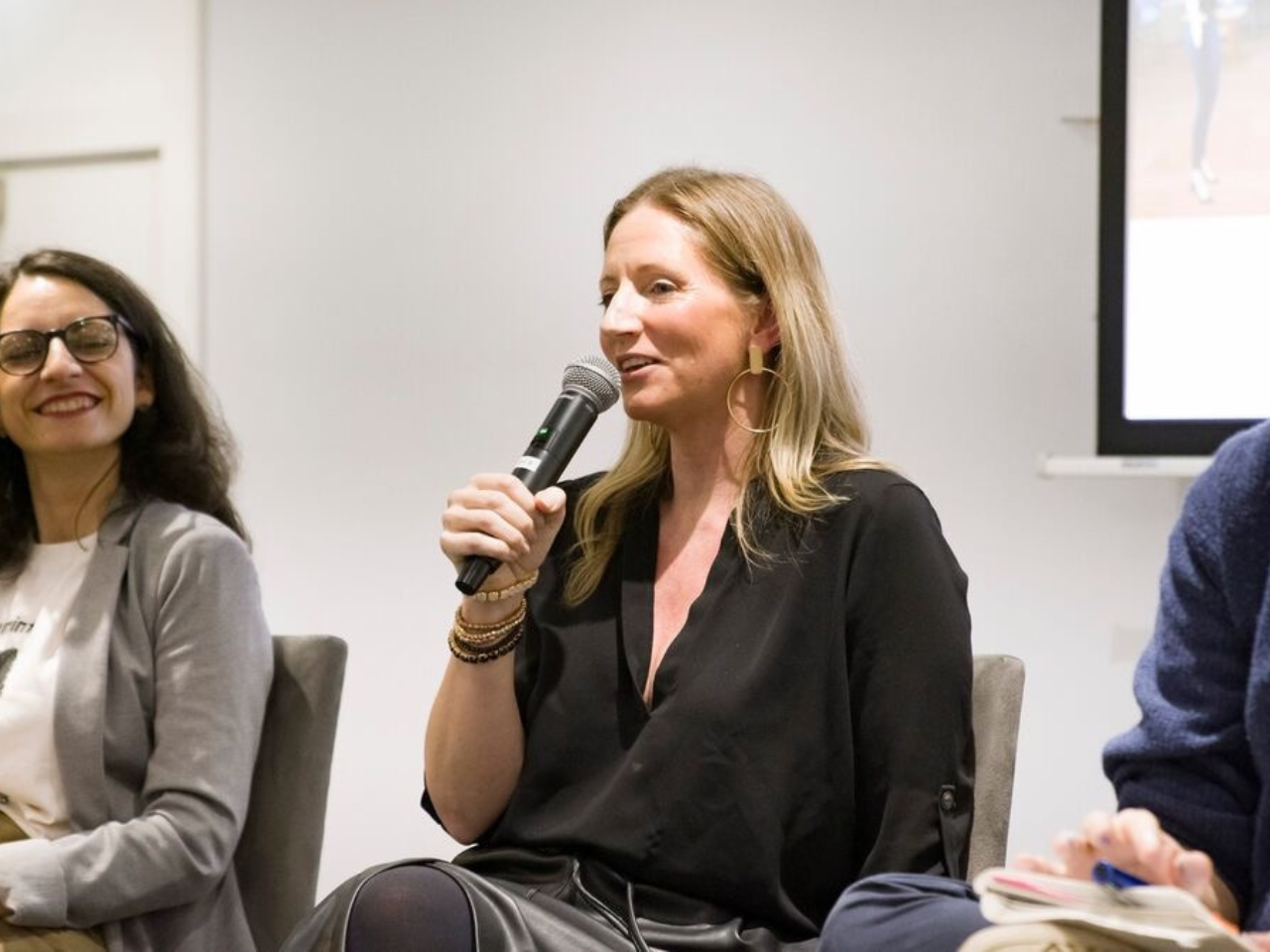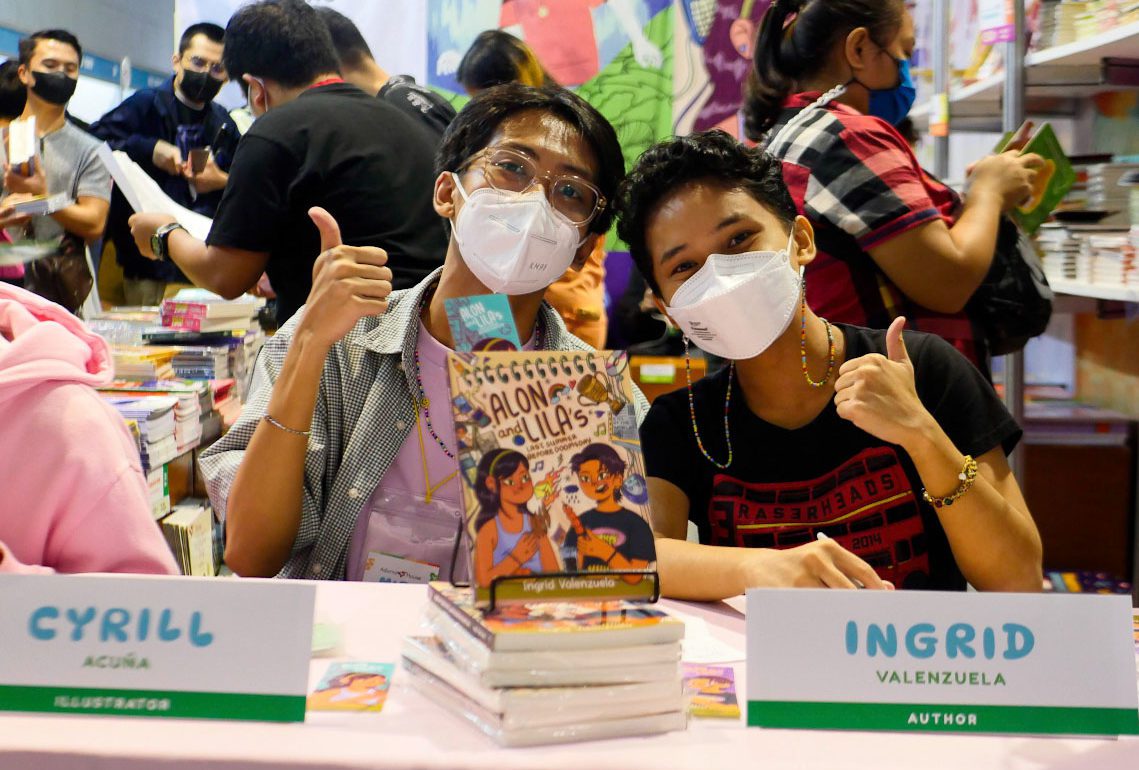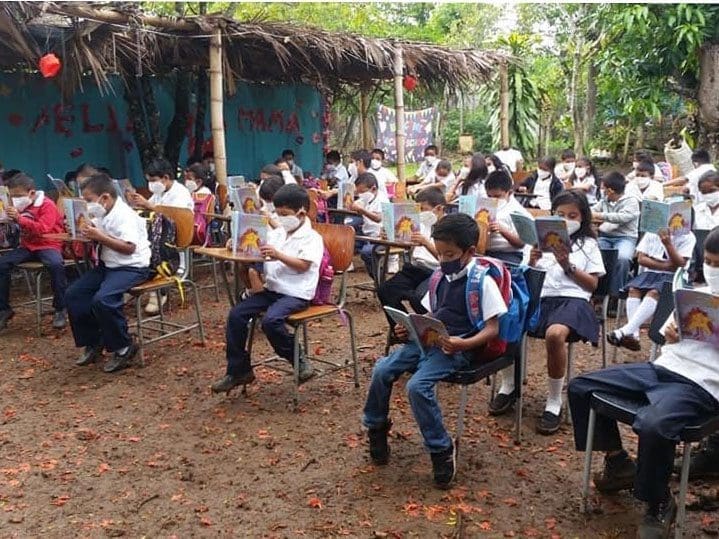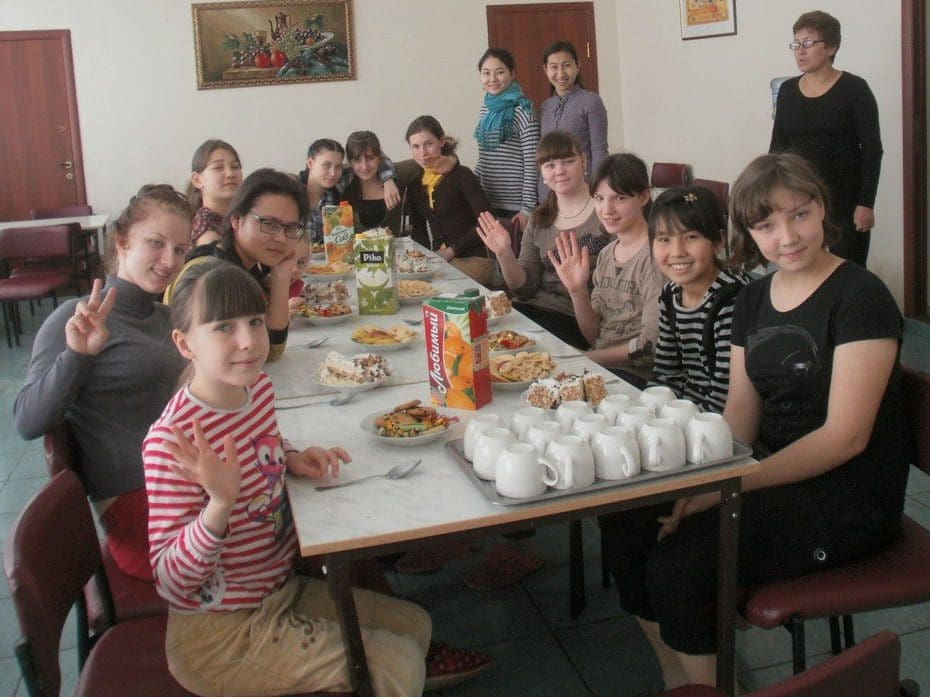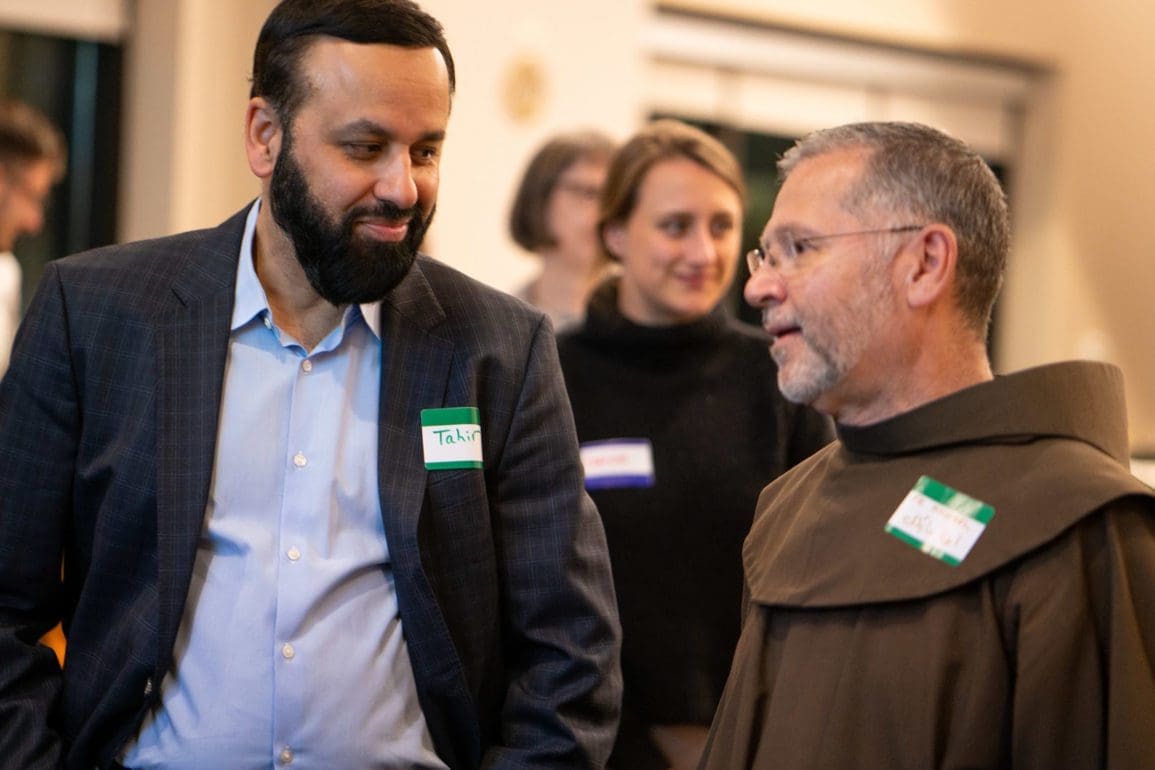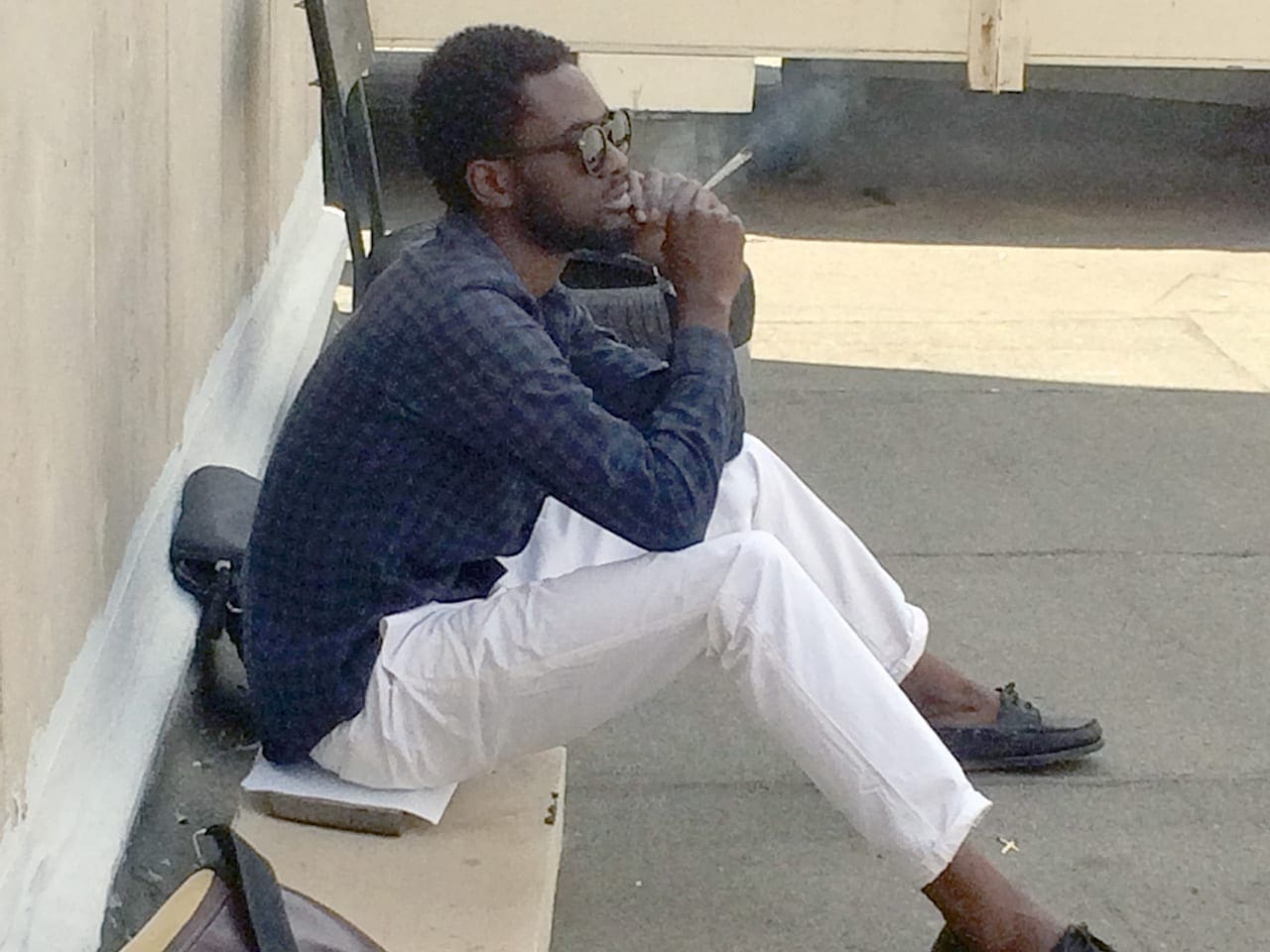Man erects traffic signal schools for children working in streets of Mumbai
To me, kindness is not an idea; it is a skill. We craft this skill by listening with compassion to the amazing stories told by the neediest.
- 2 years ago
March 18, 2024

MUMBAI, India ꟷ Growing up in the slums of Mumbai, I witnessed a stark contrast between the city full of glamour and glitter and the poor areas housing 60 percent of the population. I did not grow up with a silver spoon in my mouth, but I did receive an education. On the contrary, people in the slums rarely have meals at home. They work for less than a half a dollar per day. Education, clean water, and food become like luxuries to them.
As I got older, I saw that I had more resources than many people around me and wanted to do something to help. My passion to fight adversity and my compassion for others like me, motivated me to start educating children from Mumbai’s slums. I set up signal schools right on the streets near traffic stops.
Read more stories out of education at Orato World Media.
Little boy living on the streets of Mumbai inspires Siddhesh’s first signal school
Walking through the streets of the suburbs one day, I encountered an eight-year-old boy named Aryan. He lives on a footpath with his entire family. As daily wage workers, his parents sell pens and toys on the local trains. Their total income equates to about $20 per month. With no home, and barely making enough to provide one meal per day, sending Aryan to school does not make the list of priorities.
At times, when the police raid their location, the family rushes to another street or sleeps underneath a bridge near the highway. When I encountered Aryan, I wanted to spend 10 minutes with him. We sat down and I asked him how he spends his days. “Do you want to study,” I asked. “Do you know the alphabet?”
I pulled out my phone and started showing Aryan Hindi letters. He looked interested, so I ran to the stationary shop nearby and purchased an alphabet book. In that moment, I made the decision to spend 10 minutes with Aryan every day for a week. He agreed to this, after I told him I would gift him a mystery box at the end of the week.
Over the course of our week together, I taught Aryan the English alphabet using a picture poster. In that brief time, he learned the entire thing, and he sparked a vision in me. I wanted to start a “signal school” teaching children who live on the streets. My first pupil, Aryan, continues to study with my volunteers to this day. [Signal schools in India are schools setup near traffic signals for children who live on the streets. Some municipalities have created physical schools, while many are open-air classes taking place right on the sidewalk.]
A chance counter becomes man’s life work, schools on the streets of India
I learned kindness from my mother. She exhibited it to everyone around her, despite being in an abusive marriage. I never saw her become bitter or harm anyone. Rather, she always thought about how to make other’s lives easier. In this fast-paced and divided world, I learned a small act of kindness can bring a smile and brighten a day. This mindset became the biggest blessing I have.
During the COVID-19 Pandemic, I saw how tough life got, especially for children working near traffic signals. These children are often the ones to put food on the table for their families, so throughout the lockdown a sense of helplessness set in.
Other children had no family at all, trafficked from neighboring countries or cities and winding up working odd jobs on the streets. These kids become the source of income for those running trafficking rackets. When I started my outreach, I approached it alone, teaching children near the traffic signals. I held brief 15-minute classes because many of them could not give up their work.
Brainwashed to earn money for others, these kids see no value in study. Slowly, as time went on, people noticed my work with the children. They shared videos and I began to garner public attention. As people got to know about my project, it felt like becoming famous and led to many volunteers joining the effort. These dedicated people take time away from their full-time jobs to teach.
Since we started, we added fun outings like going to the movies, hosting picnics around historic forts and museums, and visiting beaches throughout the city. While encountering Aryan and teaching on the streets near traffic signals felt like a coincidence at first, it became the ambition of my life.
Children aren’t the only ones in need in the slums, man begins helping women
While children appear to be the most affected in India’s slums, women also lack basic rights and sanitation. In Mumbai’s poor neighborhoods, I see women working odd jobs and struggling daily to earn money. As they grapple in the streets, too often they neglect their health and wellbeing.
Not only in Mumbai, but throughout India’s rural communities, these women lack sanitary pads, using cloth during their periods. No one wants to talk about it and women feel shy. Meanwhile, men never initiate the conversation. This motivated me to do something.
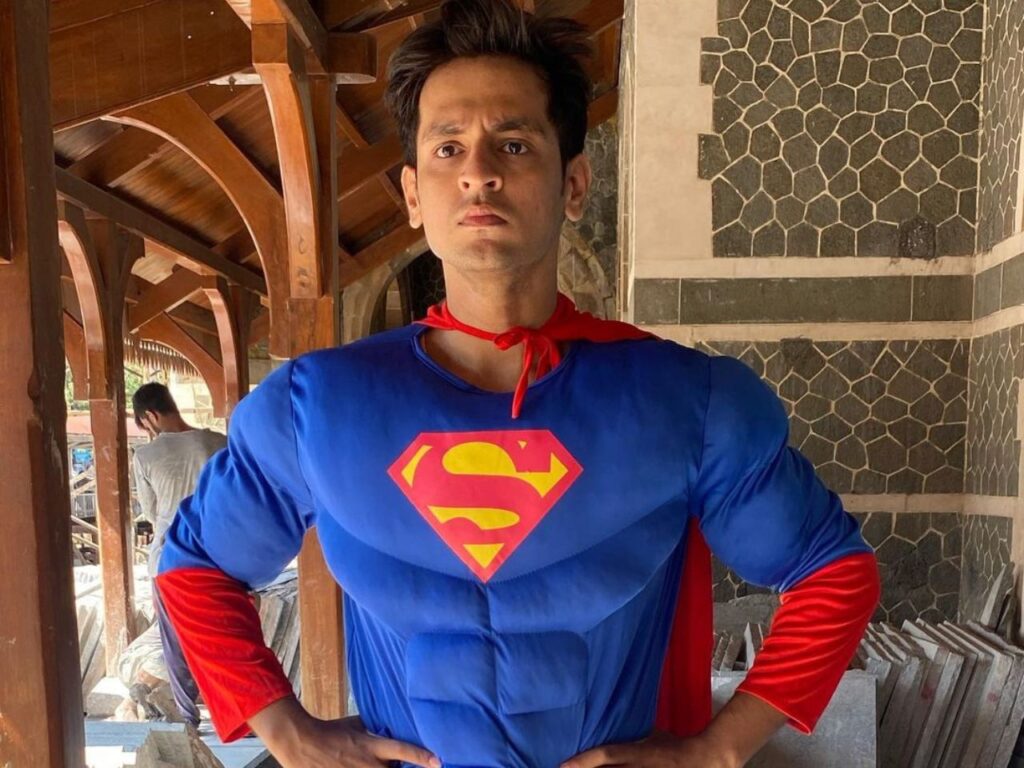
Nestled in some of the worst slums in the city, my friend and I set up relaxation stations. We began distributing sanitary napkins along with treats to celebrate the women. The station dually served as a spot for delivery boys braving the rains and harsh conditions to get snacks and encouragement, ensuring they could make their deliveries on time and not lose out on income.
To me, kindness is not an idea; it is a skill. We craft this skill by listening with compassion to the amazing stories told by the neediest. The urge I feel to listen to people’s stories and help them any way I can blossoms into immense potential for community building. Volunteering for social projects in any way I can, I find the resources to make things work.
In doing so, I translate those stories and conversations to social media to give the people a voice. Springing up from this effort, I find a tightly knit community with a passion for purpose.
Project expands throughout India: “I hope this becomes a lifelong revolution”
Last year, I left my full-time job to take on my projects, and there are many. In addition to educating children and supporting women, I run the Poonam Project in honor of a young girl who died of AIDS. We raise awareness around AIDS and HIV. Moving more deliberately into service, I’m on the verge of “adopting a village,” part of which includes paying for a child’s education.
The moment I provided the first installment for the boy’s schooling, his mother looked on astonished, and his father began to cry. More importantly than money, I feel like a part of that family, which humbles me and gives me great joy.
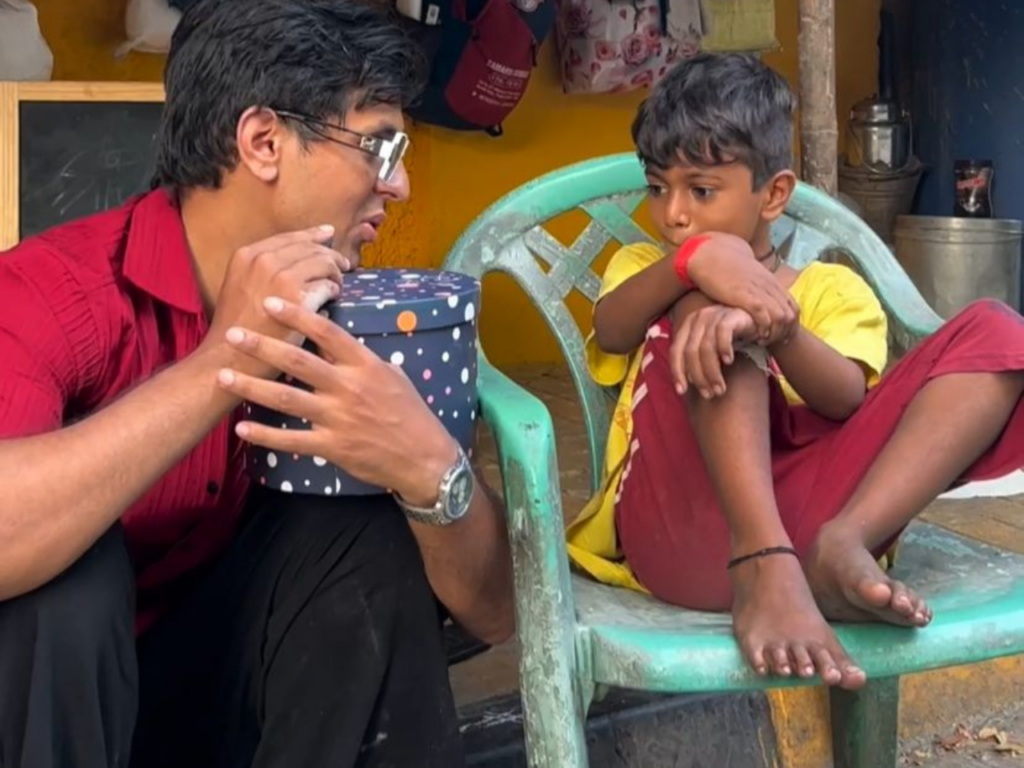
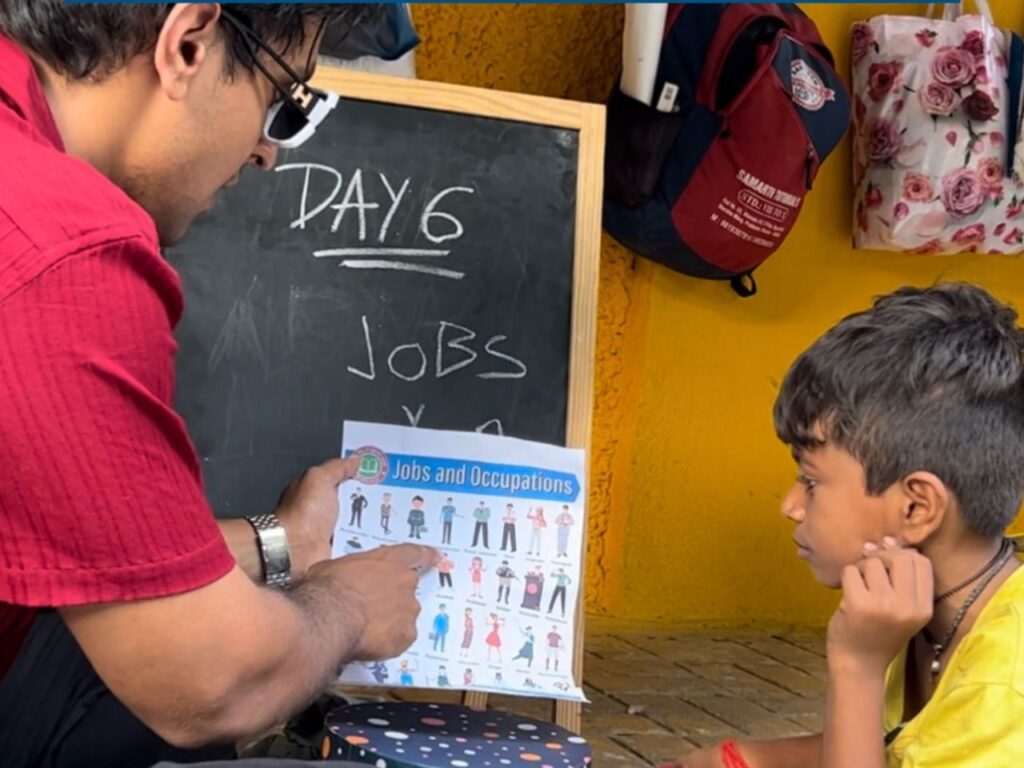
The greatest victory of all for me is securing a place in people’s hearts through kindness. While my mother may not understand exactly what I do, she knows I help people and make them happy. Kindness is my core and I keep an open mind about life, trying to put myself in other people’s shoes and act.
Opinions mean little me, including my father’s. He never cared and doesn’t now, so I don’t bother with him. Instead, I use small actions to warm people’s hearts and improve lives. Social media allows me to amplify the work like a limitless stage for free speech. One simple act teaching a child on a footpath became a trend and gave rise to a culture. I hope this becomes a lifelong revolution.
No matter what, every child deserves an education, regardless of what family they were born into. I know how small acts of kindness can have a huge impact. Now, from Mumbai to Delhi to Begaluru, we are making a difference; people are doing something different to spread kindness.

